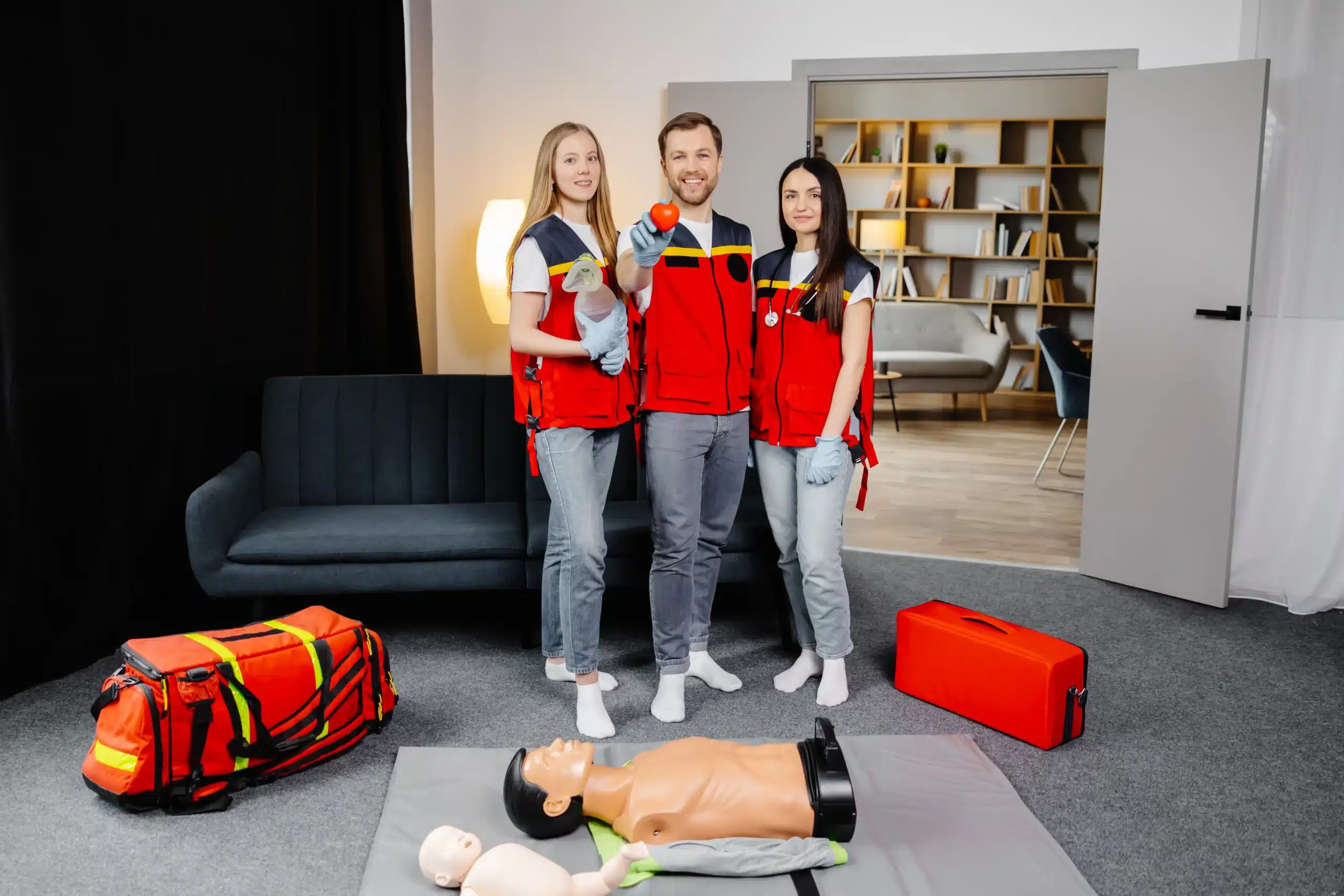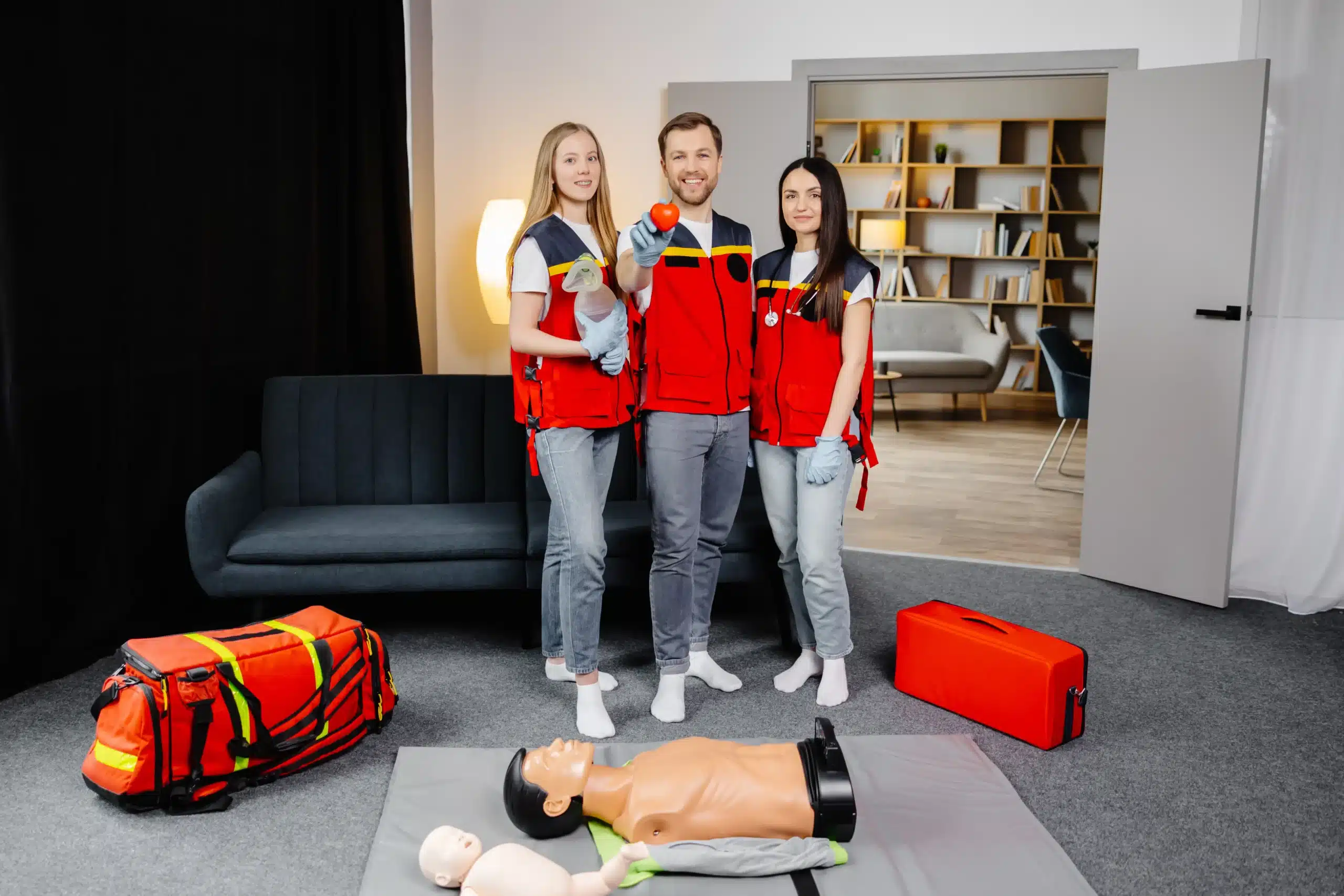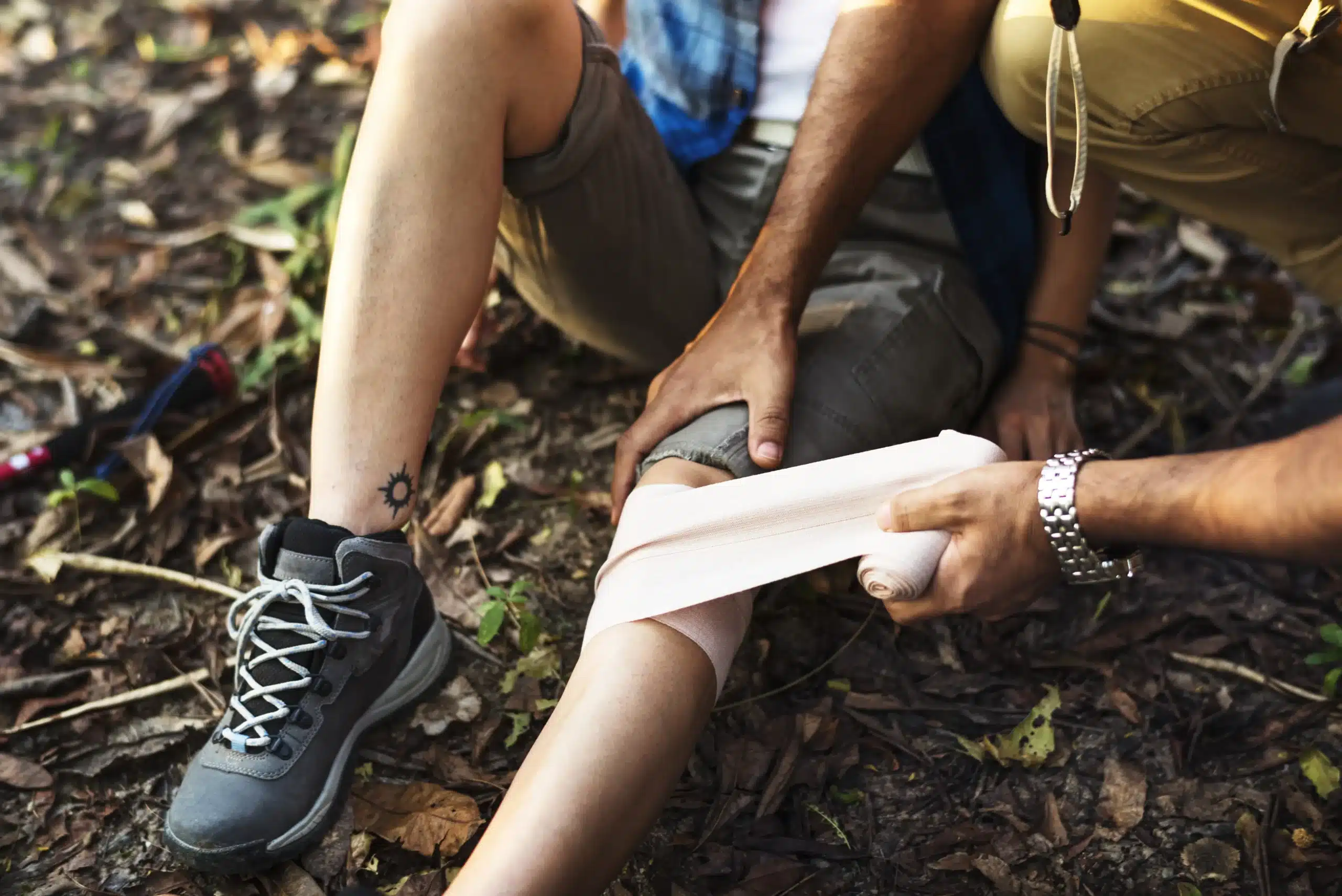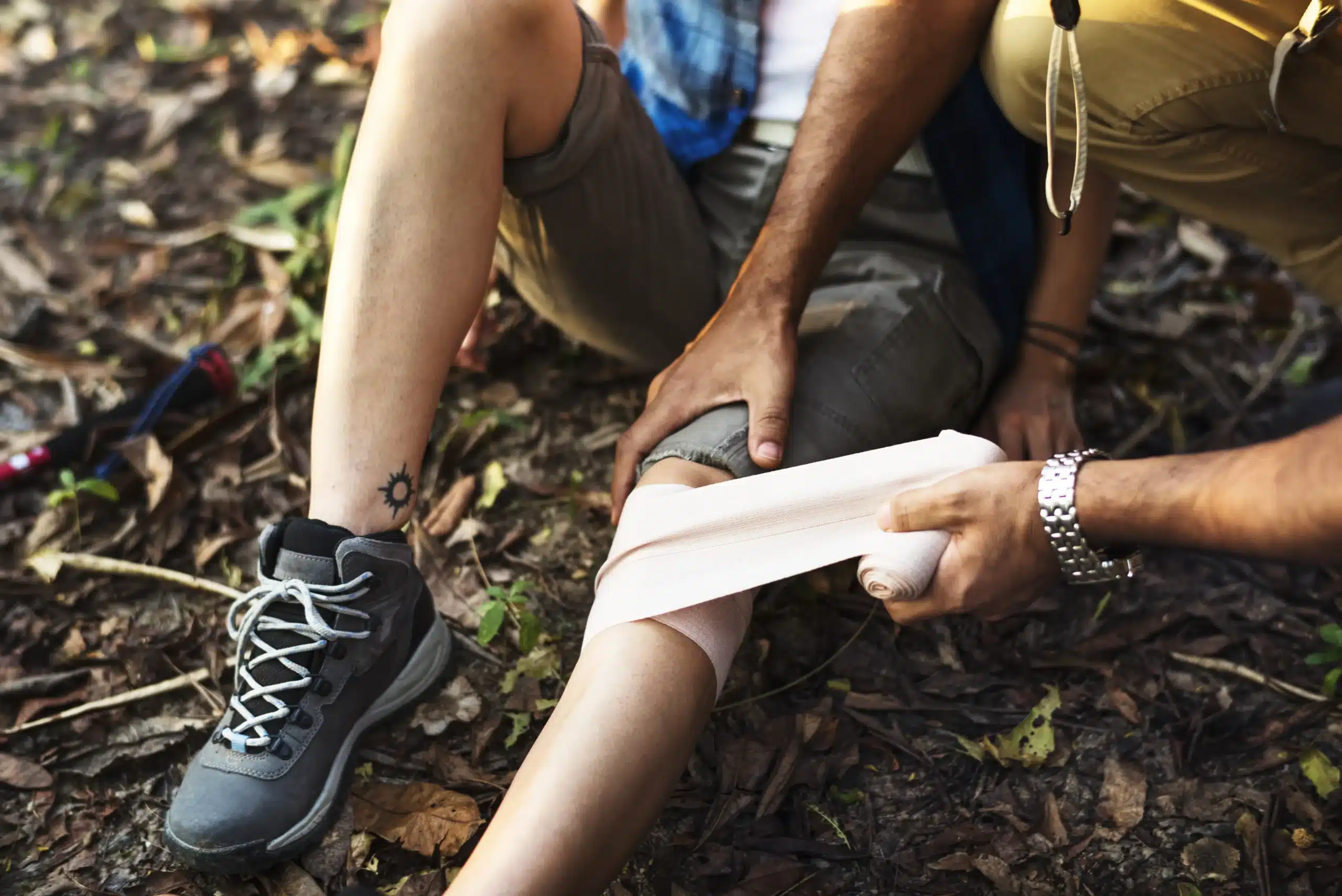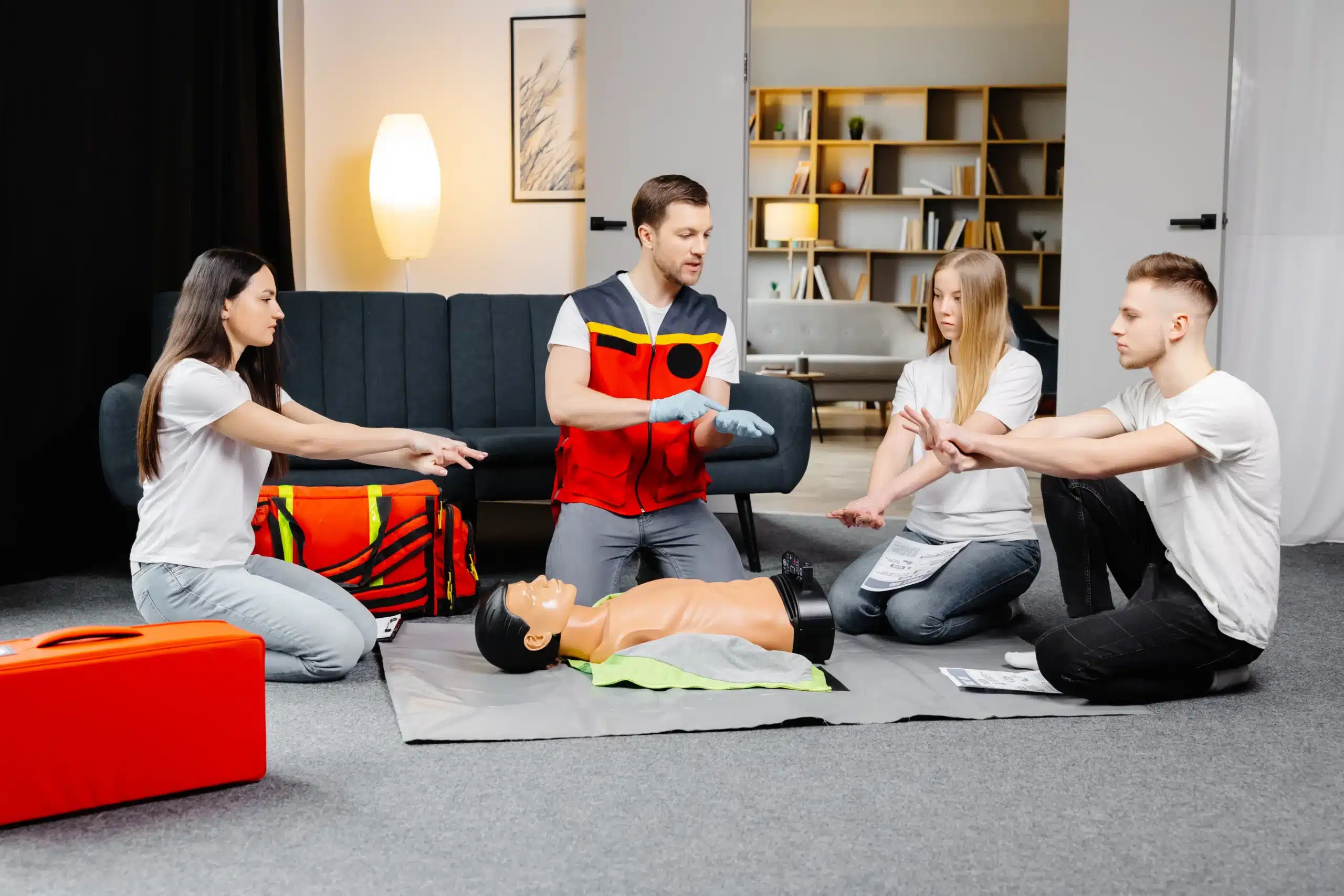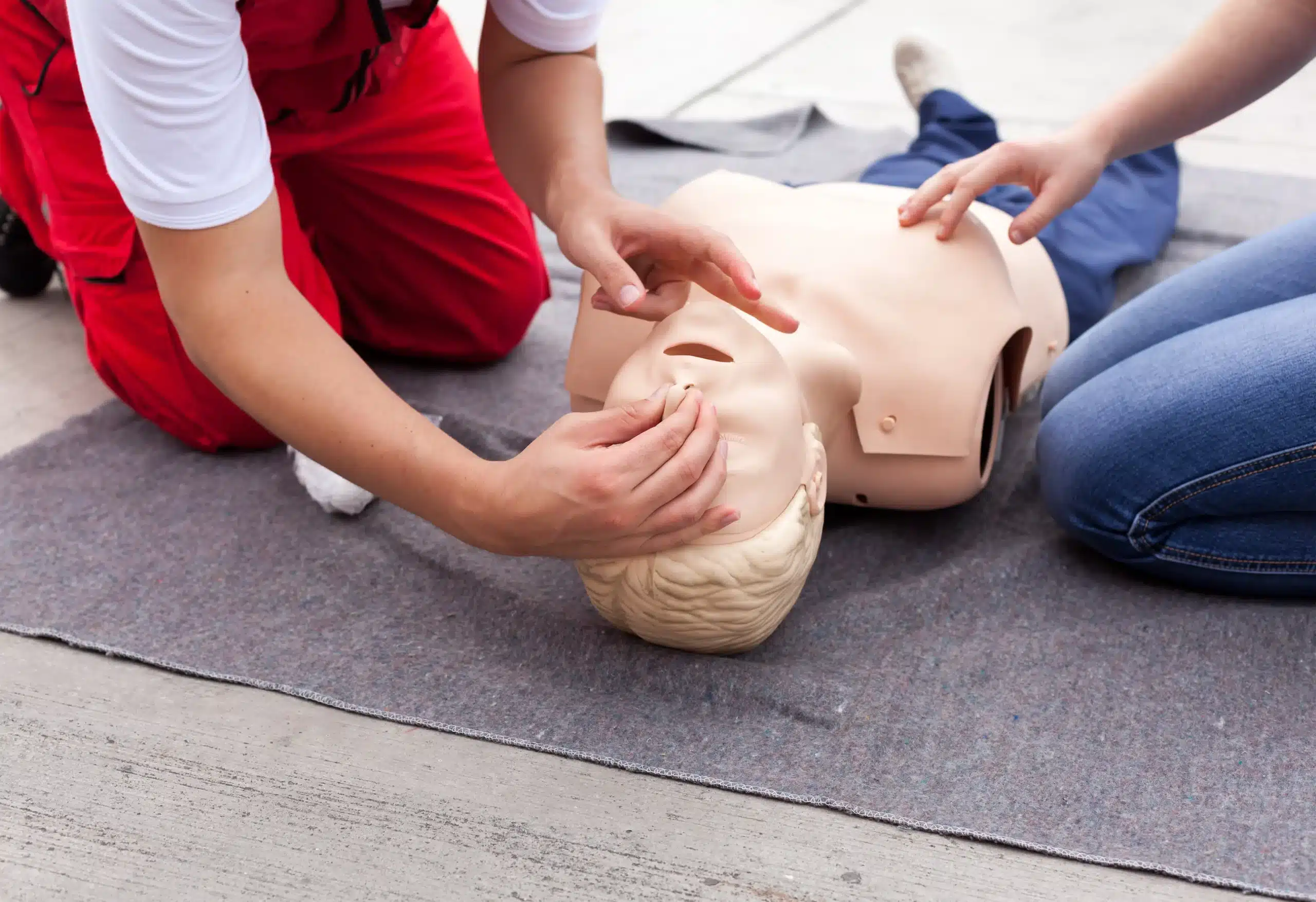Experiencing cardiopulmonary resuscitation (CPR) is often life-altering. For many survivors, the medical intervention that saved their life comes with emotional and psychological burdens they never anticipated. Anxiety, fear, or even post-traumatic stress disorder (PTSD) can emerge in the aftermath of a near-death experience.
Psychological recovery, therefore, becomes as vital as physical rehabilitation. This guide explores the emotional challenges faced by CPR survivors, strategies to aid recovery, and why addressing psychological wellbeing is crucial for long-term healing.
Understanding the Psychological Impact of CPR
Immediate Emotional Responses
CPR is a traumatic experience. For survivors, regaining consciousness after resuscitation often brings fear, disorientation, and confusion. These intense reactions stem from the shock of a crisis that nearly cost them their lives.
Many survivors report Acute Stress Disorder (ASD), marked by flashbacks, difficulty concentrating, or hypervigilance. These emotional responses are the brain’s way of processing the trauma of severe physical distress and a close brush with death.
Long-Term Effects on Mental Health
For some CPR survivors, the psychological impact persists long after discharge. Studies published in Resuscitation Journal reveal high rates of anxiety (13%-61%), depression (14%-45%), and PTSD (19%-27%) among cardiac arrest survivors. The variability in these figures reflects the unique ways individuals process trauma and the effectiveness of post-CPR support.
Survivors may also wrestle with survivor’s guilt, feeling burdened by the fact that they lived while others may not have had the same outcome. This can lead to changes in their worldview, spurring existential questions about mortality or life’s purpose.
The psychological recovery for CPR survivors requires compassionate acknowledgement of these profound emotional shifts to foster healing.
Coping Strategies for Survivors and Families
Mindfulness-Based Techniques
To recover emotionally post-CPR, mindfulness-based practices can provide relief from stress and anxiety. Mindfulness meditation, for instance, helps center thoughts and emotions, reducing the mental burden of trauma. Here are a few simple exercises you can try at home:
- Box Breathing: Breathe in for four counts, hold for four counts, exhale for four counts, and pause for four counts before repeating.
- Gratitude Journaling: Write down three things daily that you are grateful for, helping shift your focus to positive experiences.
- Yoga for Beginners: Gentle movements paired with deep breathing can relax your mind and body.
Support Networks
No one recovers alone. Community plays a key role in psychological healing. Surround yourself with family and friends who can lend an empathetic ear.
CPR survivors and their families may also benefit from joining support groups, such as those run by the American Heart Association (AHA). These forums offer a safe space to share experiences and receive encouragement from others who have faced similar challenges.
For example, the AHA has dedicated survivor communities filled with resources for managing recovery. Talking to others who understand what you’re going through can be cathartic and inspiring.
Lifestyle Adjustments
Small, consistent changes in daily habits can significantly ease psychological recovery:
- Physical Activity: Moderate exercise, like walking or light stretching, releases endorphins that reduce stress and improve mood.
- Balanced Nutrition: A healthy diet supports your body’s recovery while helping maintain stable energy levels throughout the day.
- Quality Sleep: Create bedtime routines that prioritize your rest—turn off screens an hour before bed, keep your room dark, and set a consistent sleep schedule.
Sustainable routines reintroduce a sense of normalcy, giving you the energy and confidence to face each day.
Seeking Professional Help
While self-care is powerful, professional support is sometimes necessary when coping with the trauma surrounding CPR experiences. Psychologists and counselors can help identify underlying emotional challenges and develop tailored coping strategies.
Two evidence-based therapies to consider include:
- Cognitive Behavioral Therapy (CBT) – Helps change patterns of negative thinking and behaviors often associated with anxiety or depression.
- Eye Movement Desensitization and Reprocessing (EMDR) – Particularly effective for those dealing with PTSD by helping the brain reprocess traumatic memories.
Here’s a tip to find the right therapist:
- Look for trauma-specialized professionals with experience in health-related stress or life-threatening experiences. Websites like Psychology Today have robust directories where you can find specialists near you.
Why Psychological Recovery is Essential
Why focus on emotional wellness post-CPR? The answer lies in the mind-body connection. Stress and unresolved emotional distress increase the strain on your cardiovascular system. Addressing mental health not only improves quality of life but also supports physical rehabilitation by lowering overall stress levels, improving sleep, and even strengthening the immune system.
Psychological recovery for CPR survivors promotes healing on every front. It enables survivors to reclaim their sense of security, purpose, and happiness.
Practical Actions to Support Recovery
If you want to go one step further in helping others recover from—or even prevent—the need for CPR, consider gaining life-saving skills yourself. Trusted organizations like Safety Training Seminars offer American Heart Association-certified CPR courses in Napa, California, including:
- CPR and First Aid
- Basic Life Support (BLS)
- Advanced Cardiac Life Support (ACLS)
- Pediatric Advanced Life Support (PALS)
Empowering the Path to Healing
Recovering from the psychological impact of CPR is a deeply personal and multifaceted process. By addressing initial emotional responses, fostering support systems, and seeking professional guidance, survivors have a fighting chance at reclaiming mental well-being.
Resilience takes time, but every step forward is an accomplishment worth celebrating. If you or someone you know has survived CPR, share this article to spread awareness on how to support recovery.
And consider taking an AHA-certified CPR training course. Empower yourself to not just save lives but also to understand and support the recovery process—both physical and emotional—that follows.

